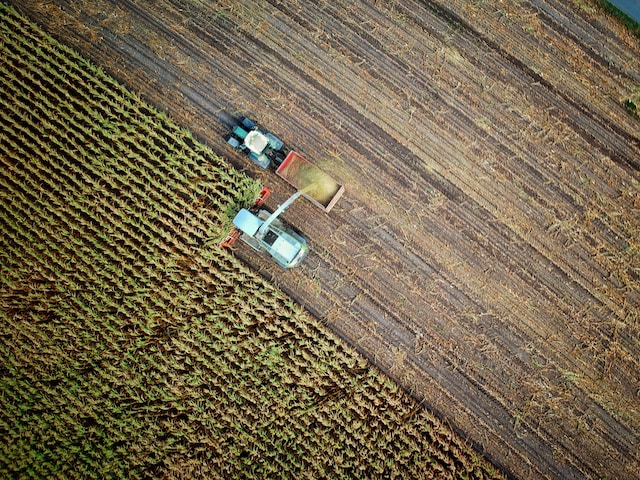
A stopgap government spending bill is reportedly being jeopardized by an unreasonable demand for new farm subsidies. That is an ill-advised request, given high levels of projected farm income for 2024 combined with massive levels of federal spending and budget deficits.
The U.S. Department of Agriculture Economic Research Service’s December 2024 Farm Sector Income forecast projects that net farm income for 2024 will be 15.9% above its 20-year average after adjusting for inflation.
According to the Office of Management and Budget, federal debt held by the public is on track to top 100% of GDP for the first time since the end of World War II.
More spending at this time would be reckless.
Fortunately, Congress has the ability to pass legislation that would benefit both taxpayers and farmers in lame duck without requiring a dime in federal spending. It simply needs to pass legislation asserting its constitutional right to vote before new import taxes can be imposed.
This issue is especially important given the threat of new taxes of 25% on imports from Canada and Mexico and 10% on imports from China, countries that account for nearly half of our agricultural exports.
Defenders of tariffs who assert that they are just a negotiating tool and nothing to worry about have pretty short memories. The Economic Research Service calculates that more limited U.S. tariff hikes led to $27 billion in lost agricultural exports from 2018 to 2019.
Even if new tariffs fail to materialize, it is impossible for agricultural producers to make informed decisions about what to produce in the meantime.
Instead of increasing farm subsidies during lame duck, Congress should pass a measure like the No Taxation Without Representation Act from Sen. Rand Paul (R-KY), the Global Trade Accountability Act from Sen. Mike Lee (R-UT), or the Prevent Tariff Abuse Act from Reps. Suzan DelBene (D-WA) and Don Beyer (D-VA). The alternative is equivalent to fiddling while the government prepares to take a tariff blowtorch to American farms.

